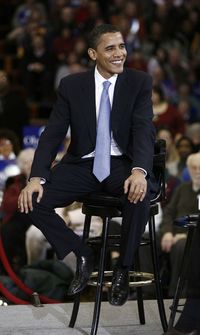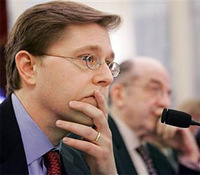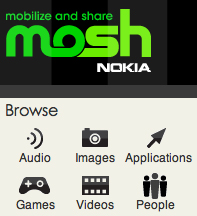 Why would an administration that currently has access to all data
going over the Internet want more competition in the ISP market?
Why would an administration that currently has access to all data
going over the Internet want more competition in the ISP market?
Mark Klein going to Washington to blow the whistle some more on AT&T on giving NSA unfettered access to AT&T’s network:
“If they’ve done something massively illegal and unconstitutional — well, they should suffer the consequences,” Klein said. “It’s not my place to feel bad for them. They made their bed, they have to lie in it. The ones who did [anything wrong], you can be sure, are high up in the company. Not the average Joes, who I enjoyed working with.”While the Washington Post, for example, does get at one main point:— A Story of Surveillance, Former Technician ‘Turning In’ AT&T Over NSA Program, By Ellen Nakashima, Washington Post Staff Writer, Wednesday, November 7, 2007; Page D01
Contrary to the government’s depiction of its surveillance program as aimed at overseas terrorists, Klein said, much of the data sent through AT&T to the NSA was purely domestic. Klein said he believes that the NSA was analyzing the records for usage patterns as well as for content.It neglects to mention an even bigger point: Continue reading







